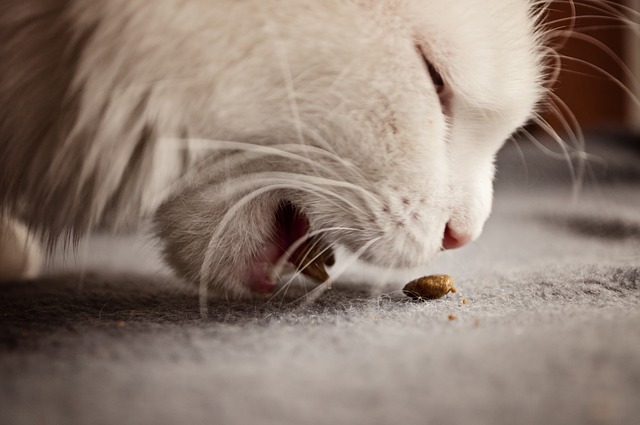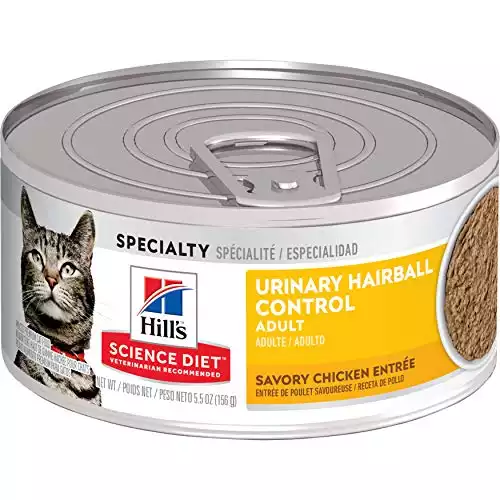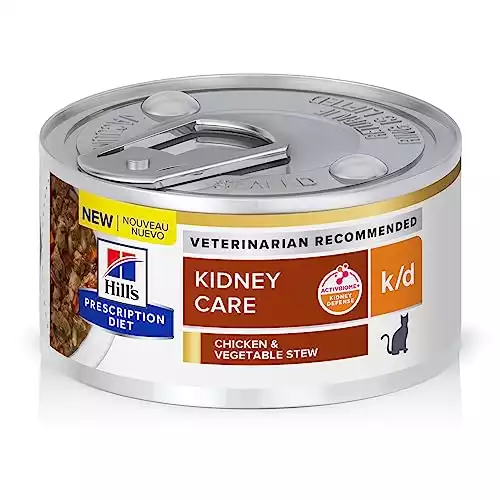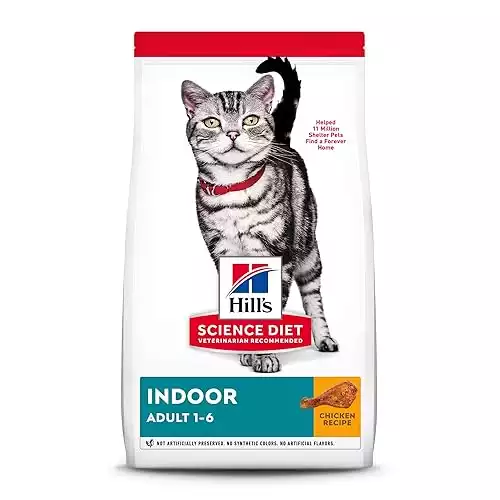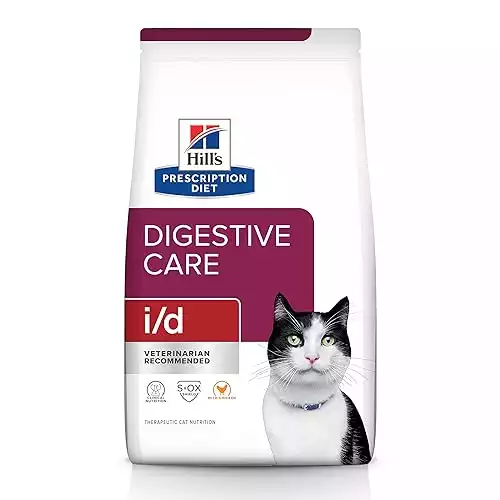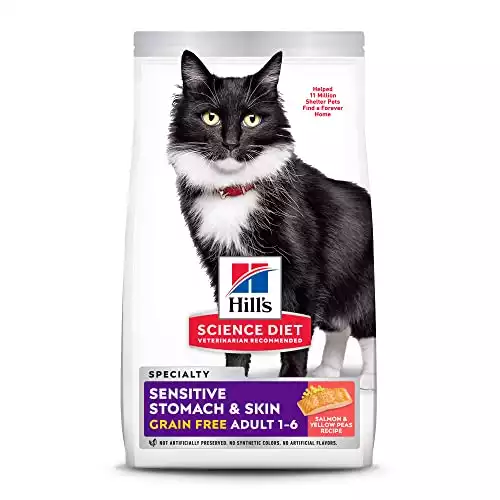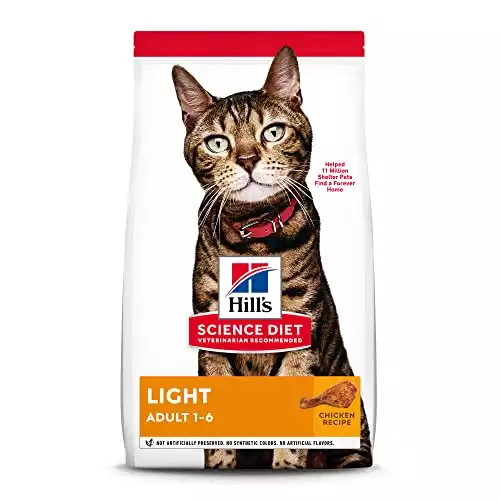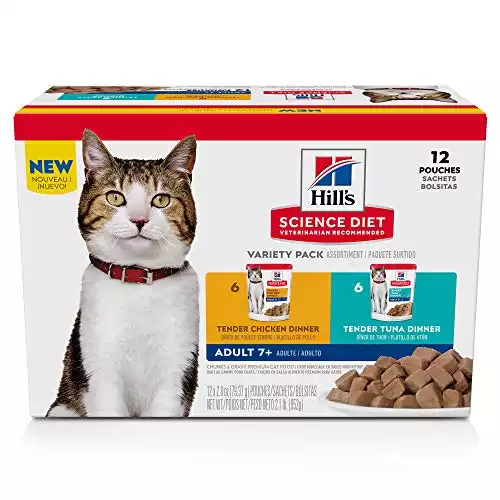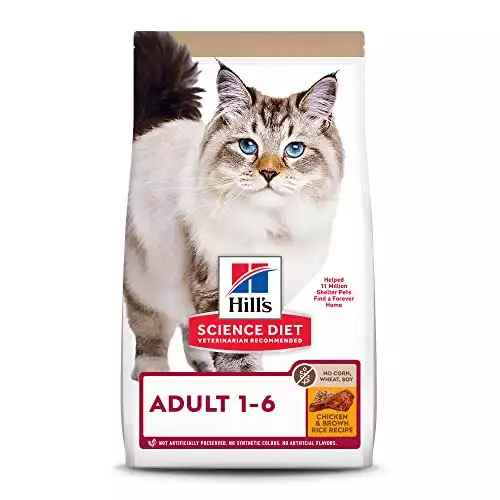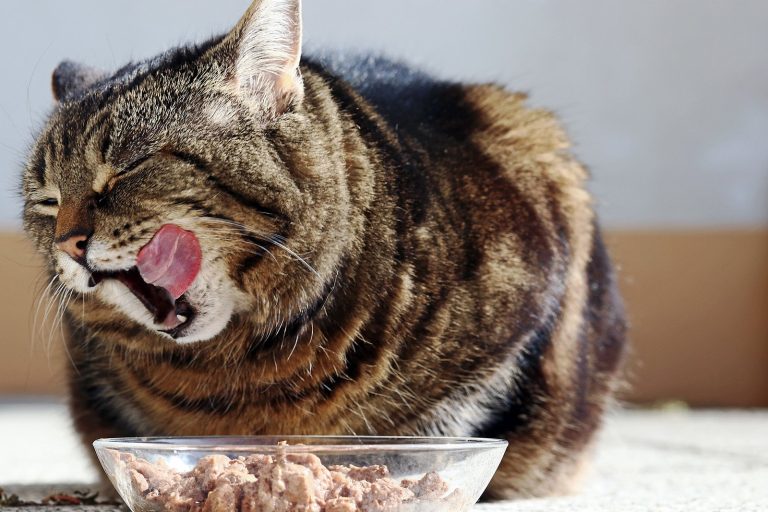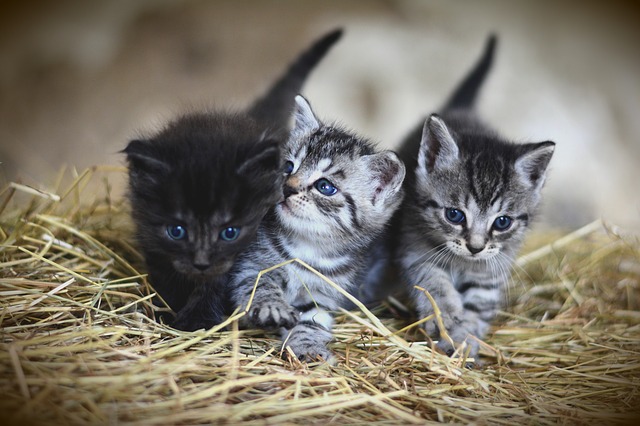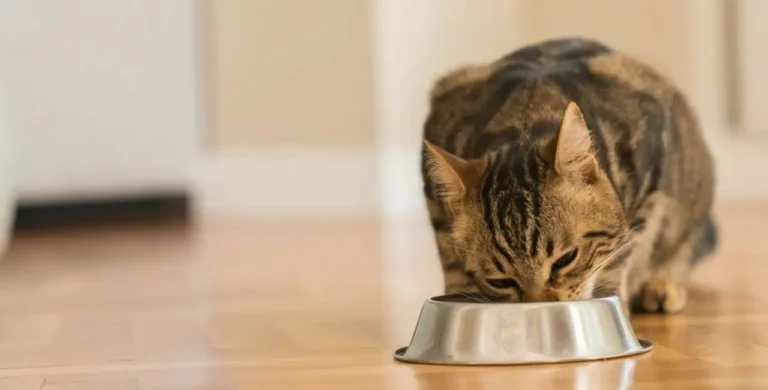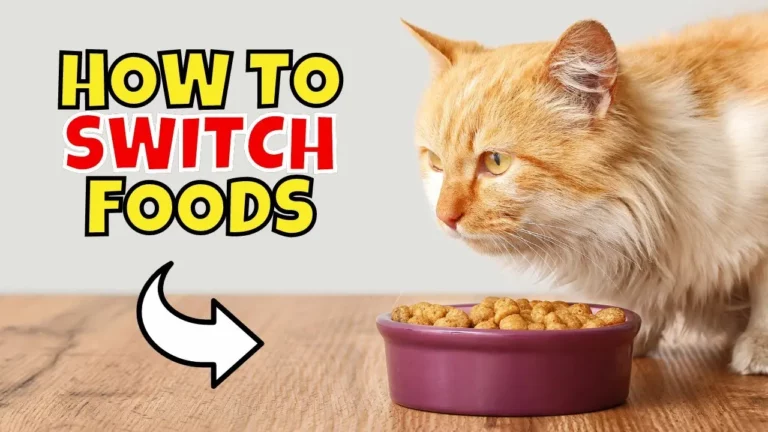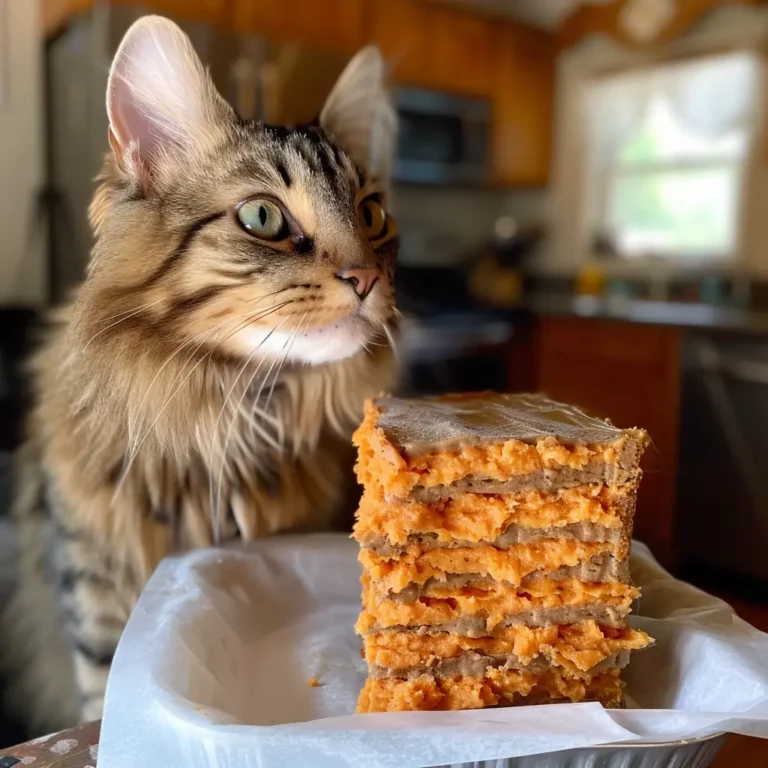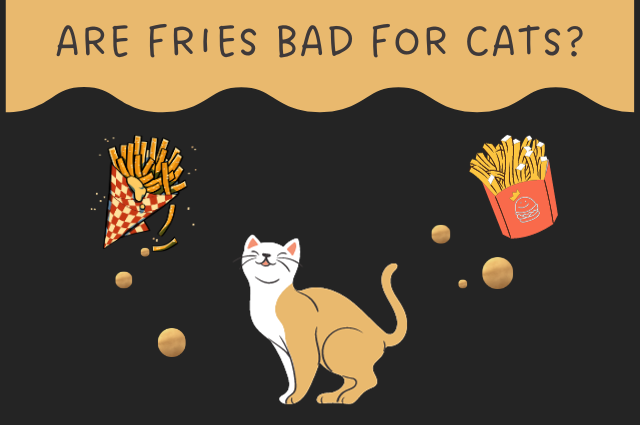Science Diet Cat Food Reviews
Hill’s Science Diet
Related read: Abound cat food review
But does Science Diet
Science Diet Cat Food Reviews
Before I move on to the actual reviews, I would like to note that I do not advise feeding food by this brand to your
For a limited amount of time only, you can consider feeding your feline friend Science Diet wet
1. Science Diet Urinary Cat Food (Science Diet CD Cat Food)Â
Hill’s Science Diet Wet Cat Food, Adult, Urinary & Hairball Control, Savory Chicken Recipe
$64.56 ($0.49 / Ounce)
Give your senior
Since canned
The food contains low levels of minerals (calcium, magnesium, and phosphorus), which would all promote the development of calculi.Â
There are some pretty neat Science Diet
I would personally recommend this variety for cats that have had mild urinary problems and should be fed a specialized diet for a limited amount of time. Once the health condition improves, you can switch your
2. Science Diet KD Cat Food Review
Hill’s Prescription Diet k/d Kidney Care Chicken & Vegetable Stew Wet Cat Food
$59.99 ($0.86 / Ounce)
Hill’s Prescription Diet k/d Kidney Care Chicken & Vegetable Stew Canned
Kidney disease can be a common health problem, especially in geriatric cats. It’s most often characterized by symptoms such as vomiting and digestive upset, lethargy, and loss of appetite. This diet is specifically formulated to improve all of these clinical signs.Â
It’s made to be very palatable so that it appeals even to cats that are less interested in food right now. Moreover, it contains a healthy dose of amino acids, which are known to improve the muscle tissue in most cats that have lost weight due to chronic illnesses.
The main ingredients in the diet are chicken and pork liver, which is good, but as you can expect, there are some that should have been left out — such as rice and rice starch. However, I will admit that the ingredient list of this variety is better than many others by Hill’s Science Diet.Â
3. Science Diet Indoor Cat Food Review
Hill’s Science Diet Adult Indoor Chicken Recipe Dry Cat Food
$76.00 ($4.90 / lb)
Science Diet Adult Indoor Dry
Being uniquely formulated for indoor cats, this diet provides your feline companion with the nutrition that he or she needs. The main ingredient in the
The recipe also contains chicken liver flavor for better taste. The good thing about this diet is that it doesn’t contain any weird preservatives or additives, but it’s a little too high in its carb content, which is why I’d recommend it for young cats only.Â
Some cats love it while others don’t, but this can happen with pretty much any diet you might want to give to your feline buddies. Â
4. Science Diet ID Cat Food
Hill’s Prescription Diet Digestive Care Chicken Flavor Dry Cat Food, Veterinary Diet
$66.99
Hill’s Prescription Diet i/d Digestive Care Chicken Flavor Dry
Cats that have chronic digestive upset can benefit from this diet, especially for a limited amount of time until their health problem resolves. The diet is enriched with natural fibers and prebiotics so that the
The main ingredients in this variety are chicken, pork fat, chicken meal, and egg, but there are some that it could have done without, such as corn gluten meal or whole-grain corn.
The diet does contain a variety of amino acids and vitamins, though (vitamin A, Biotin, Riboflavin, Vitamin B12, Folic Acid, and vitamin D3), which can all be helpful for cats recovering from a digestive disease.Â
Plus, based on the info that we have found about it, it seems that it helps with both diarrhea and with constipation.Â
5. Science Diet Cat Food Sensitive Stomach
Hill’s Pet Nutrition Science Diet, Grain Free Dry Cat Food
$62.99 ($4.85 / lb)
This grain-free dry
Similarly to the ID variety that we have showcased earlier, this diet can also help with digestive distress and ensure that your
It’s available in several varieties, and the best thing is that there is both a dry and a wet alternative. You can pick between the ‘chicken and rice’ recipe or choose the better (in my opinion) grain-free ‘salmon and yellow pea’ recipe.Â
That was the good, and now we’re moving on to the bad. Even though it is grain-free, the salmon variety still contains potato starch, which is not something that cats would naturally eat in the wild. So while it can improve a
6. Science Diet Light Cat Food
Hill’s Science Diet Dry Cat Food, Adult
$58.99 ($0.23 / Fl Oz)
This adult dry
If your
A good thing about this option is that it contains vitamin E and omega 6 fatty acids, which are essential for a variety of tissues and organs, from your
Like with other varieties from the same brand, this one should not contain any wheat or whole grain or corn meal, but it does. It’s still a decent option for a limited amount of time, until the
7. Science Diet Senior Cat Food Review
Hill’s Science Diet Senior 7+ Wet Cat Food Pouches, Variety Pack, Chicken and Tuna
$23.76 ($11.31 / lb)
Science Diet brings biology-based nutrition in an irresistible wet
There is a dry option for this
The recipe is enriched with vitamins, amino acids, and minerals, which is a good thing for senior cats since they are less likely to get a lot of nutrition from other sources.Â
There are two choices available – chicken dinner and tuna dinner – and I advise you to pick the first for fear of heavy metal contamination, which would be extremely dangerous, especially for older cats.Â
Some cats might not like the taste while others will go crazy about it, but this is a matter of personal preferences, as you probably know by now.Â
8. Science Diet Adult Cat Food
Hill’s Science Diet Adult No Corn, Wheat or Soy Dry Cat Food
$36.49 ($0.33 / Fl Oz)
Hill’s Adult Dry
This one is the pretty standard option that you’d pick for a healthy adult
The food is enriched with vitamin E and omega 6 fatty acids, which, as I have previously noted, have a number of benefits, including keeping your kitty’s heart and brain health in check.Â
The main ingredients in the recipe are chicken and pork fat, but it could have done without the whole grain wheat and corn gluten meal. It does have a decent number of vitamins and amino acids, though.Â
Recalls
Hill’s Science Diet
Several dog varieties were recalled in 2015, 2014, and 2007, with the latter being a result of suspicion of melamine contamination.Â
